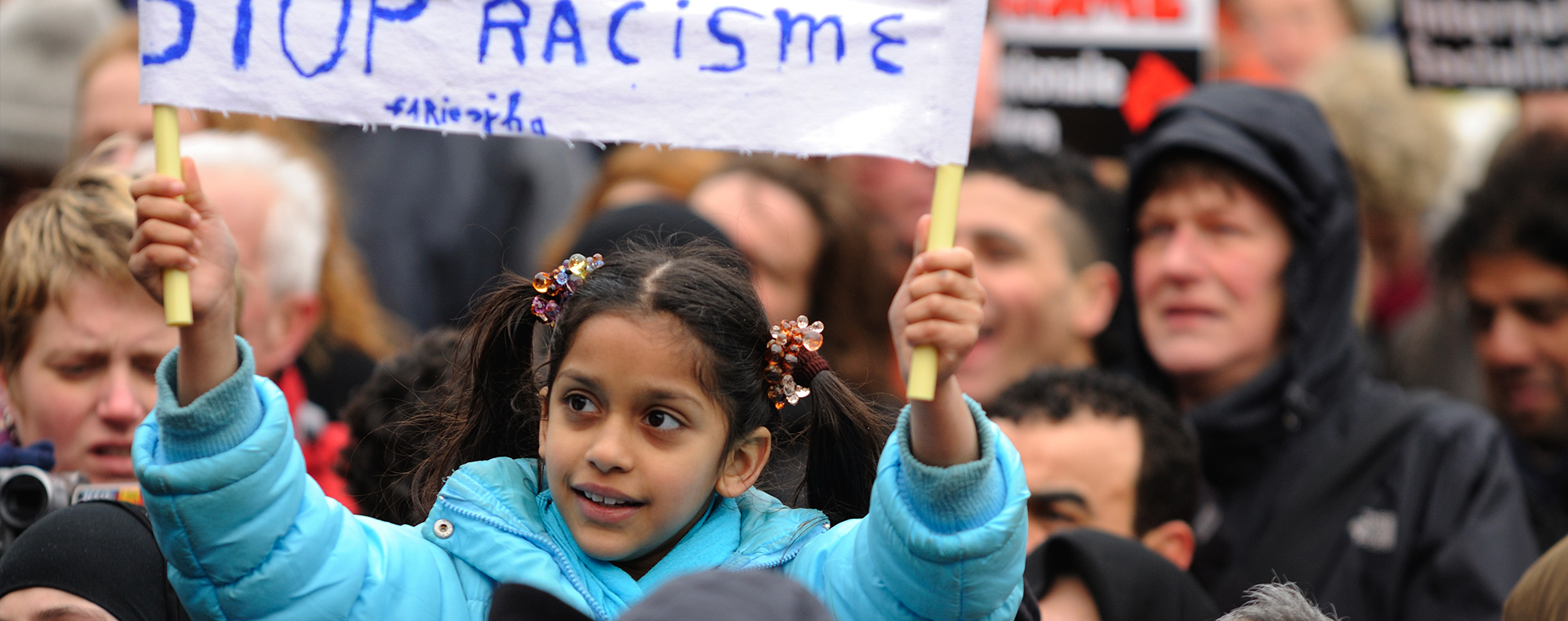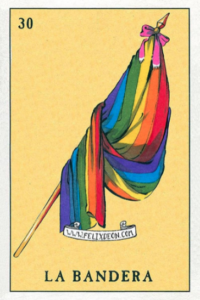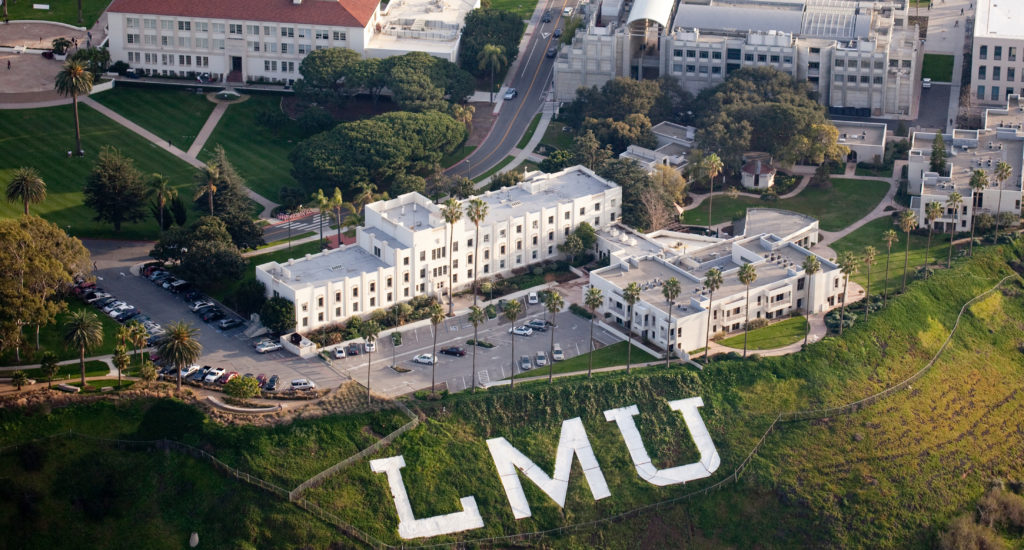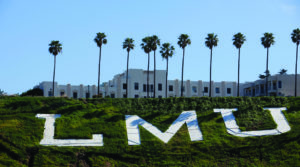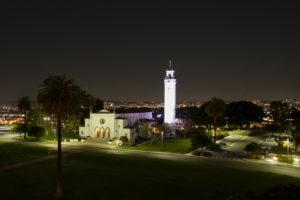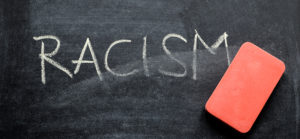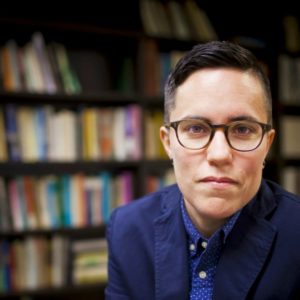
By Mairead Sullivan,
Assistant Professor of Women’s and Gender Studies
Women’s and Gender Studies is an inter- and trans-disciplinary field that takes sexuality as a central analytic for understanding the workings of power in our wider society and how such workings affect marginalized communities. Intersectionality is both the defining commitment and the defining analytic of Women’s and Gender Studies. Our field draws its lineages from the radical movements of the 1960s and the concomitant explosion of critical studies, including critical race theory. As such, we don’t understand “women” or “gender” as singular categories that name universal experiences. Rather, we ask how these terms emerge and shift in relation to other social categories, most notably race, sexuality, class, ability, and nationality. In other words, as I joke, Women’s and Gender Studies is not a project of simply “counting women.”
At LMU, the Department of Women’s and Gender Studies was solidified as a department in the early 2000s, then called the Department of Women’s Studies, under the leadership of Dr. Nancy Jabbra. Dr. Stella Oh came to the department in 2004 and in 2005 became the first faculty member hired with a full-time appointment in Women’s Studies. In 2015, the department changed its name from Women’s Studies to Women’s and Gender Studies in order to better reflect our expansive commitment to understanding how gender and sexual norms affect all areas and aspects of our society. At the time of its inception, and still currently, LMU is one of the few Jesuit colleges and universities to have a stand-alone Women’s and Gender Studies Department and we certainly have the most robust number of full-time faculty. We take the strength of our department as a both a point of pride and a point of great responsibility in our institution’s ongoing efforts to commit itself to being a truly inclusive university.
Our award winning faculty offer interdisciplinary expertise in a number of areas, including: literary studies, transnational feminism, anti-violence advocacy, migration and diaspora, urban studies, disability studies, and critical health studies. Under the leadership of Dr. Oh, the department has grown steadily in the nearly 20 years since its inception. Since 2016, we have added three tenure-line faculty with specializations in sexuality studies. All three of these new faculty — Amanda Apgar, Sandibel Borges, and myself — hold doctorates in women’s and gender studies. By my estimation, we are the only department in the United States to boast such a large number of faculty with Ph.D.s in women’s, gender, sexuality and/or feminist studies.
Our department offers a number of courses that ask after the lives, politics, and cultural contributions of LGBTQ communities, including “Gender and Social Movements;” “Gender, Race, and Sexuality in the Contemporary U.S.;” “Genders and Sexualities;” “Gender and Disability;” “Queer Theories;” and, “Queer Migration and Diaspora.” Beyond course offerings, our department frequently partners with OIA, EIS, and the Office of LGBT Life to support programming, such as guest lectures and community engaged partnerships, as well as to mentor students in independent research and career pathways.
Our majors and minors go on to work in a variety of fields including: law, social work, human services, political organizing, academia, public health, medicine, public policy, social justice marketing, and beyond. Our department’s emphasis on interdisciplinarity and critical thinking prepares students who are flexible learners that think outside the box. In this way, our students are prepared for any field though most enter fields where they are called to make real and sustained change in the pursuit of justice for all.
Pride Month is a tricky time for gender studies folks. While there is certainly far more representation of queer lives, in everything from television to corporate advertising, than there was five, 10, or even two years ago, much of this representation elides the politic commitments of feminist and queer communities. With that in mind, I will remind us not only that the first pride was a riot against police violence led by trans women of color but also that state-sanctioned marriage, perhaps the most recognizable achievement for LGB rights in the past decade, is a political institution designed for the maintenance and wealth and property. In other words, historically marriage as an institution has been for the benefit and maintenance of a white ruling class. A truly justice driven commitment to love — as in “love is love,” the marketing slogan for gay marriage — a commitment to the kind of love that Jesus of Nazareth preached, would be to assure that health care, right of family formation, and the hundreds of other rights and privileges afforded through marriage are available to all regardless of romantic or social status. This difference — that is the difference between expanding benefits for some versus systemic change that benefits all — is at the heart of what we do in Women’s and Gender Studies.
You can keep up with the latest news from Women’s and Gender Studies through our monthly newsletter, The XX, or by following us on instagram @lmuwgst.
DEI Buzz
- Attend A Farewell for Dr. Stefan Bradley | June 28 | 3 – 4:30 p.m. | Registration/RSVP for event information.
The Black Faculty & Staff Association cordially invite the community to join us for a virtual farewell in honor of Dr. Stefan Bradley. Help us in celebrating all of the impact and joy his presence brought to our campus, and send him off to Amherst College this fall full of LMU love and support. If interested in giving a 1-2 minute personal shout out/farewell during the program, please contact Erica.privott@lmu.edu to be added to the list. - Visit LMU’s Pride Month hub
- “OIA” is now “DEI:” As per President Snyder’s recent letter, we are undergoing a transition out of the name Office of Intercultural Affairs to Diversity, Equity, and Inclusion. MarComm has updated our office website, which can be quickly accessed at edu/dei. Feel free to email us at DEI@lmu.edu.
- In Six Words: View stories and share your perspective. This June, prompts explore LGBTQ+ Pride.
This week’s example is from Viviana Vallin, therapist in Student Psychological Services, on pride.
“Queer Latina, sometimes scared, always proud.”
Viviana says: The first time I took my Black girlfriend to meet my Mexican family, I was so nervous. I wanted her to feel safe, so I did not tell her how nervous I was. I remember holding hands and walking up to the door. Tightening my grip a little, we stepped in and I felt that mix of scared and proud. Most of my family is supportive but it has taken some time, persistence and boundaries. Having spaces like Pride events to celebrate our love and feel joy is so needed in the process!
